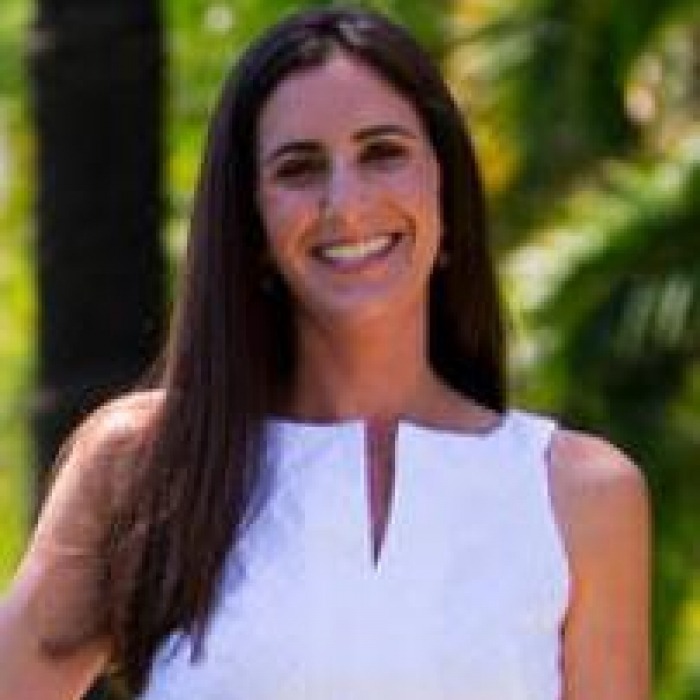
Persecuted Christians? Understanding Evangelical Support for Trump
Michelle Margolis | Associate Professor, University of Pennsylvania
Friday, January 22, 2021 9:30 AM
Virtual
Abstract/Description
White evangelicals overwhelmingly supported Donald Trump in the 2016 election, producing extensive debate as to who evangelicals are, what it means to be an evangelical in the United States today, and whether the electoral results are surprising or not. This paper offers empirical clarity to this protracted discussion by asking and answering a series of questions related to Trump’s victory in general and his support from white evangelicals in particular. In doing so, the analyses show that the term “evangelical” has not become a synonym for conservative politics and that white evangelical support for Trump would be higher if public opinion scholars used a belief-centered definition of evangelicalism rather than relying on the more common classification strategies based on self-identification or religious denomination. These findings go against claims that nominal evangelicals, those who call themselves evangelicals but are not religious, make up the core of Trump’s support base. Moreover, high levels of electoral support among devout evangelicals is not unique to the 2016 election but is rather part of a broader trend of evangelical electoral behavior, even when faced with non-traditional Republican candidates. Finally, the paper explores why white evangelicals might support a candidate like Trump. The paper presents evidence that negative partisanship helps explain why devout evangelicals–despite Trump’s background and behaviors being cause for concern–coalesced around his presidential bid. Together, the findings from this paper help make sense of both the 2016 presidential election and evangelical public opinion, both separately and together.The American Politics Seminar is a year-long speaker series that features leading scholars in American Politics. Invited scholars present cutting-edge research and engage in lively debate with faculty and graduate students. The seminar is made possible partially through a generous grant from the Bankard Fund for Political Economy at the University of Virginia. The Seminar is organized by Justin Kirkland. Papers are generally sent to invitees in the week or so prior to each talk.
New Content Coming Soon!
